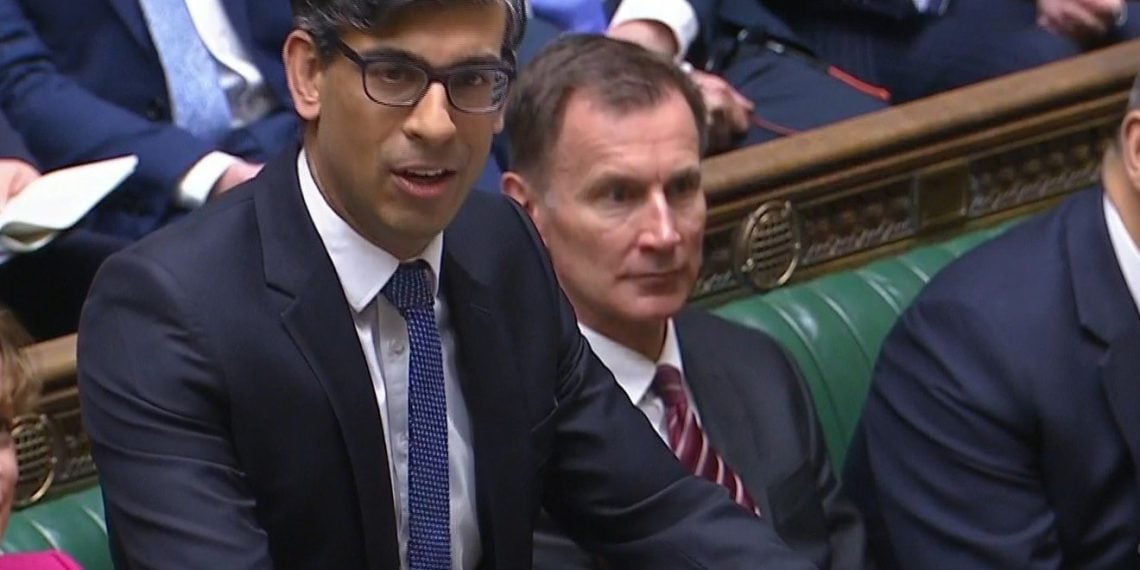British Prime Minister Rishi Sunak found himself embroiled in controversy after refusing to apologize for a gender identity remark directed at opposition leader Keir Starmer. This incident occurred against the backdrop of heightened attention following the tragic murder of a transgender girl.
Sunak’s Conservative party, facing a significant deficit in pre-election polls, has increasingly relied on identity politics to portray the Labour Party as overly progressive or “woke.”
During a parliamentary exchange, Sunak highlighted Labour’s shifting stance on “defining a woman,” a move that drew criticism given the presence of the murdered girl’s mother in the audience.
Critics swiftly condemned Sunak’s remarks as exploiting a family tragedy for political gain. The victim’s father voiced his shock and urged Sunak to issue an apology. However, Sunak expressed sympathy for the family while emphasizing his focus on Starmer’s policy inconsistencies.
Despite mounting pressure, Sunak stood by his decision not to apologize, citing the broader political context. He argued that his comments were intended to underscore Starmer’s track record of policy reversals, rather than to detract from the tragedy.

This refusal to apologize underscores the increasingly contentious nature of British politics, with parties leveraging sensitive issues to gain an advantage. Sunak’s stance reflects the Conservative Party’s strategy of weaponizing identity politics in the run-up to the upcoming election.
As the debate continues to unfold, Sunak’s remarks serve as a focal point for discussions surrounding the intersection of politics and personal tragedy.


















